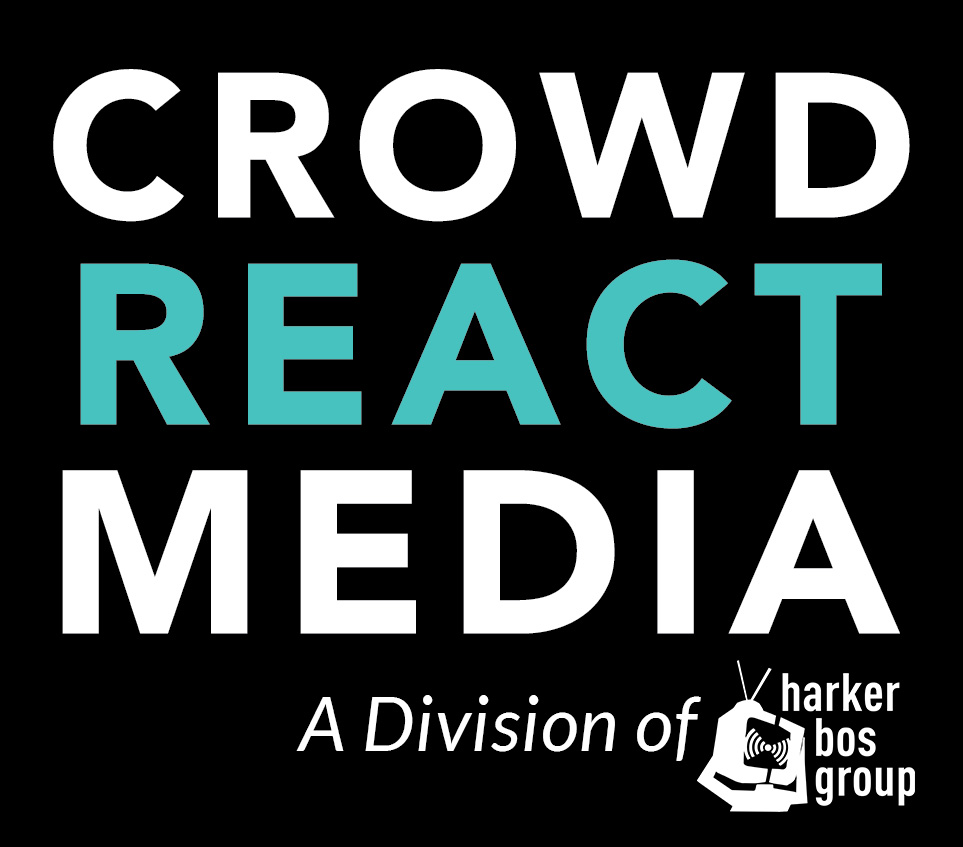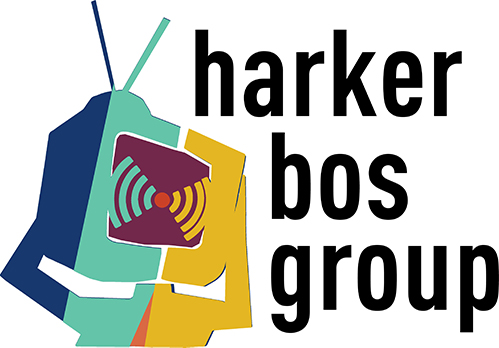Weekly Roundup – Week of March 20th, 2023
Sports Media & Sports Betting News
What Record Sports Gambling Revenues Mean For Media Partners
"2022 was yet another record for the mobile sports betting industry in the United States.
With all states now reporting their complete wagering data, last year’s $93.4 billion represented a gigantic increase of $42.7 billion (+84%) over the 2021 total.
A substantial increase in wagering totals should have been expected given how many states either entered the mobile gaming market for the first time in 2022 or had their first full year. New York and Louisiana began operations in January 2022, Arkansas in March, Kansas in September and Maryland in late November, with Connecticut, Arizona, Iowa and Wyoming each having their first full year of operations in 2022.
In economic terms, the addition of new markets to old is known as artificial growth, which can sometimes give the illusion of growth when the existing market is flat. To assess whether that was the case for mobile sports betting, VIP+ conducted an analysis among only those states where betting was legal in both years. This showed that $60.2 billion was wagered in 2022, an increase of $9.5 billion from 2021 or, in percentage terms, growth of 19%.
While winning money was the most popular reason for sports betting, data provided by VIP+’s research partner CRG Global in our “Sports Gambling & Media” report show that one of the most popular reasons was that betting “makes the games I watch more exciting,” with several other reasons relating to watching televised games also important to some betters.
A closer integration between sports broadcasters and sportsbooks can therefore be expected to occur over the next year or two. For example, look at NBC Sports’ partnership with PointsBet, which is focused on local sports games airing across NBC’s RSNs in legal states."
The Way Americans Watch Local Sports Is About To Change
"Two of the largest regional sports broadcasters in the U.S. are on the verge of unraveling, an event that is expected to alter how professional teams are funded and how fans tune in to the games.
Diamond Sports Group LLC, which carries the games of more than 40 major sports teams across the country on its Bally Sports-branded networks, is expected to file for bankruptcy in coming weeks, which people involved expect to lead to a renegotiation of rights fees—a significant part of teams’ revenue.
AT&T Sports Networks, a Warner Bros. Discovery Inc. unit that broadcasts games of a handful of Major League Baseball, National Basketball Association and National Hockey League teams, recently informed the clubs it didn’t have enough money to pay for the rights to carry their games. It offered to let the teams take over the regional networks at no cost and said it might have to liquidate if no deal is reached by the end of the month.
Diamond, a unit of Sinclair Broadcast Group Inc., is the local broadcaster of about half the teams in the MLB and the NBA, and about a third of NHL teams. The company has more than $8 billion in debt stemming from its 2019 deal to buy the regional sports networks from Walt Disney Co.
The financial unraveling of the once-thriving regional-sports TV industry could hasten the shift to a direct-to-consumer model for live sports, giving people who don’t have cable TV the ability to stream the games of their favorite local teams.
That shift is already prompting tensions for the key stakeholders. Diamond is hoping to acquire local-streaming rights in all its 14 baseball markets—it currently has rights to stream in five—and believes that path will allow it to plot a stable future, people familiar with the situation said. But the MLB is resistant to giving over those streaming rights, they said.
The transition will test whether streaming can prove to be a viable substitute for traditional TV channels, given that these local-sports streaming platforms likely will have to charge subscribers more than Netflix Inc. and Disney+ to be sustainable."
ESPN Bracing For Painful Round Of Layoffs
"ESPN is bracing for painful layoffs in the coming weeks, sources tell Front Office Sports.
As part of a corporate restructuring, parent Disney is slashing 7,000 jobs and $5.5 billion in costs. The layoffs could amount to 3% of Disney’s global workforce.
Stephen A. Smith alluded to the network’s precarious situation on his “K[no]w Mercy” podcast.
“Have you all been paying attention to the business landscape? Disney itself announced that over 7,000 employees are going to be let go,” Smith said. “ESPN is under the Disney umbrella. They’re going to have cuts coming.
“Hell, for all I know, I might be one of them. Now, I doubt that. But it’s possible. No one knows.”
ESPN’s footprint has been reduced to less than 75 million U.S. homes from 100 million in 2011, and the network has suffered several layoffs over the last decade.
Ravaged by the pandemic, ESPN president Jimmy Pitaro cut 300 jobs and let 200 positions go unfilled in 2021.
In 2017, former president John Skipper laid off roughly 100 anchors, reporters, and analysts, including big names like Trent Dilfer, Danny Kanell, Jerome Bettis, Marc Stein and Len Elmore.
ESPN dropped 300 employees in 2015."
News & Political Media News
First Look: Young And Unaffiliated Latino Voters Surge Across U.S.
"First-time Latino voters are outpacing first-time non-Latino voters in Arizona, California, Florida, Nevada, New York, and Texas, according to a report first obtained by Axios.
The big picture: Nonpartisan and unaffiliated Latino voters are on the verge of becoming one of the biggest swing voter groups in the U.S. — raising the stakes for early and regular engagement from both parties.
The 2022 election showed the GOP making significant gains among Latinos in Florida but falling well below expectations in Texas, as predicted.
Details: The percentage of early Latino voters between ages 18 and 34 jumped in Arizona, Nevada, New York, and Texas, according to a TelevisaUnivision/L2 analysis reviewed by Axios.
Unaffiliated Latino voters now represent the largest percentage of Latino voters in Florida.
Nonpartisan Hispanic registered voters represent a larger percentage than non-partisan non-Hispanic voters in states like Arizona and Nevada.
State of play: The number of Latinos, which includes people of any race, was 62.1 million in 2020 — a growth of 23% in a decade, according to the U.S. Census.
Exit polls for U.S. House races in 2022 showed 60% of Latinos backed Democrats while 39% voted for Republicans."
Warner Bros. Discovery Enables Comscore, VideoAmp As Upfront Currency
"Warner Bros. Discovery said it has enabled national advertisers to use audience data from Comscore and VideoAmp as currency in the upcoming upfront market.
Clients will be able to use the alternative currencies while buying linear inventory and data driven advanced advertising applications. The Comscore and VideoAmp data can also be used to improve platform cross-platform measurement looing to transact against advanced audience targets.
Media companies have been looking for alternatives to Nielsen, which has been synonymous with television audience measurement since the black and white days. More recently media companies have complained that Nielsen undercounts trying on traditional TV and its methodology is too antiquated for the streaming era.
Warner Bros. Media, NBCUniversal, Paramount and other have been testing or using alternative currencies since last year and are among the members of a Joint Industry Committee designed to set standard for modern measurement and certify providers who live up to those standard."
How AI 'Revolution' Is Shaking Up Journalism
"Journalists had fun last year asking the shiny new AI chatbot ChatGPT to write their columns, most concluding that the bot was not good enough to take their jobs. Yet.
But many commentators believe journalism is on the cusp of a revolution where mastery of algorithms and AI tools that generate content will be a key battleground.
The technology news site CNET perhaps heralded the way forward when it quietly deployed an AI program last year to write some of its listicles.
It was later forced to issue several corrections after another news site noticed that the bot had made mistakes, some of them serious.
But CNET's parent company later announced job cuts that included editorial staff -- though executives denied AI was behind the layoffs.
The German publishing behemoth Axel Springer, owner of Politico and German tabloid Bild among other titles, has been less coy.
"Artificial intelligence has the potential to make independent journalism better than it ever was –- or simply replace it," the group's boss Mathias Doepfner told staff last month.
Hailing bots like ChatGPT as a "revolution" for the industry, he announced a restructuring that would see "significant reductions" in production and proofreading.
Both companies are pushing AI as a tool to support journalists, and can point to recent developments in the industry.
For the past decade, media organisations have been increasingly using automation for routine work like searching for patterns in economic data or reporting on company results.
Outlets with an online presence have obsessed over "search engine optimisation", which involves using keywords in a headline to get favoured by the Google or Facebook algorithms and get a story seen by the most eyeballs.
And some have developed their own algorithms to see which stories play best with their audiences and allow them to better target content and advertising -- the same tools that turned Google and Facebook into global juggernauts.
Alex Connock, author of "Media Management and Artificial Intelligence", says that mastery of these AI tools will help decide which media companies survive and which ones fail in the coming years."
Recent Blogs from Crowd React Media & Harker Bos Group
HBG Media Minute: Video Podcasts? Audiences Are Turning To Video To Consume Podcast Content
In the latest Harker Bos Group Media Minute, Sean discusses a nationwide study that shows the rising use of video in podcast content consumption.


